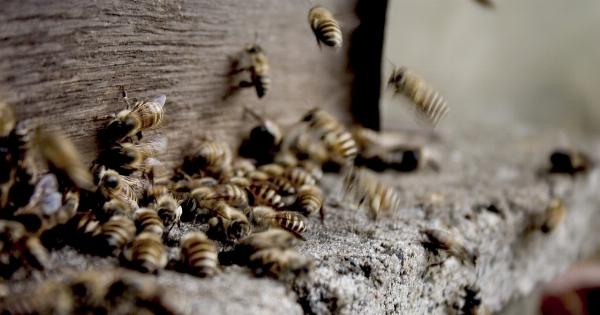Allergies can be a real pain, especially if you suffer from seasonal allergies like hay fever or allergic rhinitis. Fortunately, there are steps you can take to reduce and even eliminate your allergy symptoms.
Here are some tips and techniques for beating allergies:.
1. Keep Your Home Clean and Dust-Free
Dust mites, pet dander, and mould spores are some of the most common allergens found in the home. To reduce their presence, vacuum and dust your home regularly.
Use a high-efficiency particulate air (HEPA) filter in your vacuum and air purifier as this can capture even the tiniest of allergen particles.
2. Use Hypoallergenic Bedding and Pillow Covers
Your bed is a haven for dust mites. But you can prevent them from proliferating by using hypoallergenic bedding and pillow covers, and washing them every week. Also, avoid sleeping with your pets, as their dander and fur can worsen your allergy symptoms.
3. Get Rid of Pests
Cockroaches, rodents, and other pests can worsen your allergies, especially if you’re allergic to their droppings or saliva. Keep your home clean, store your food in airtight containers, and use pesticide products or traps to control pests.
4. Avoid Pollen and Outdoor Allergens
If you’re allergic to pollen, limit your exposure by avoiding being outdoors during peak pollen times, wearing sunglasses to protect your eyes, and using a pollen filter in your car’s air conditioning system.
Also, shower and change your clothes immediately after coming indoors as pollen can cling to your hair and clothes.
5. Use Saline Nasal Sprays
Saline nasal sprays can help flush out allergens from your nasal passages, relieving congestion and other nasal symptoms. Use saline sprays at least twice a day or as needed to minimize your allergy symptoms.
6. Take Antihistamines and Decongestants
Antihistamines and decongestants can help control your allergy symptoms, such as sneezing, runny nose, itchy eyes, and congestion. Over-the-counter medications, such as Loratadine or Cetirizine, can provide relief from your allergic reactions.
Consult your doctor before taking any medication and follow the instructions on the pack carefully.
7. Avoid Trigger Foods
If you have food allergies, avoid eating specific foods that trigger your allergies. Common food allergens include peanuts, tree nuts, eggs, shellfish, milk, and soy. Consider consulting a registered dietician to help you plan an allergy-friendly diet.
8. Try Allergy Shots
Allergy shots, also known as immunotherapy, can help reduce your sensitivity to allergens by gradually exposing you to small amounts of the allergen over time.
This helps your immune system build up a tolerance, reducing the severity of your allergy symptoms.
9. Stay Hydrated
Drink plenty of fluids regularly to stay hydrated. Drinking lots of water can help thin the mucus in your nasal passages, allowing you to breathe more easily. Also, staying hydrated can help your body flush out allergens more efficiently.
10. Consult a Doctor
If your allergies are severe and are not responding to home remedies or over-the-counter medications, seek medical advice. Your doctor may recommend prescription medication or refer you to an allergy specialist for further evaluation and treatment.
Final Thoughts
Allergies can be challenging to manage, but with the right techniques and a little patience, you can beat them. Consult your doctor, keep your home clean, avoid your triggers, and make healthy eating and lifestyle choices.
With a few adjustments and consistent efforts, you can win the battle against your allergies and enjoy better health and wellbeing.































